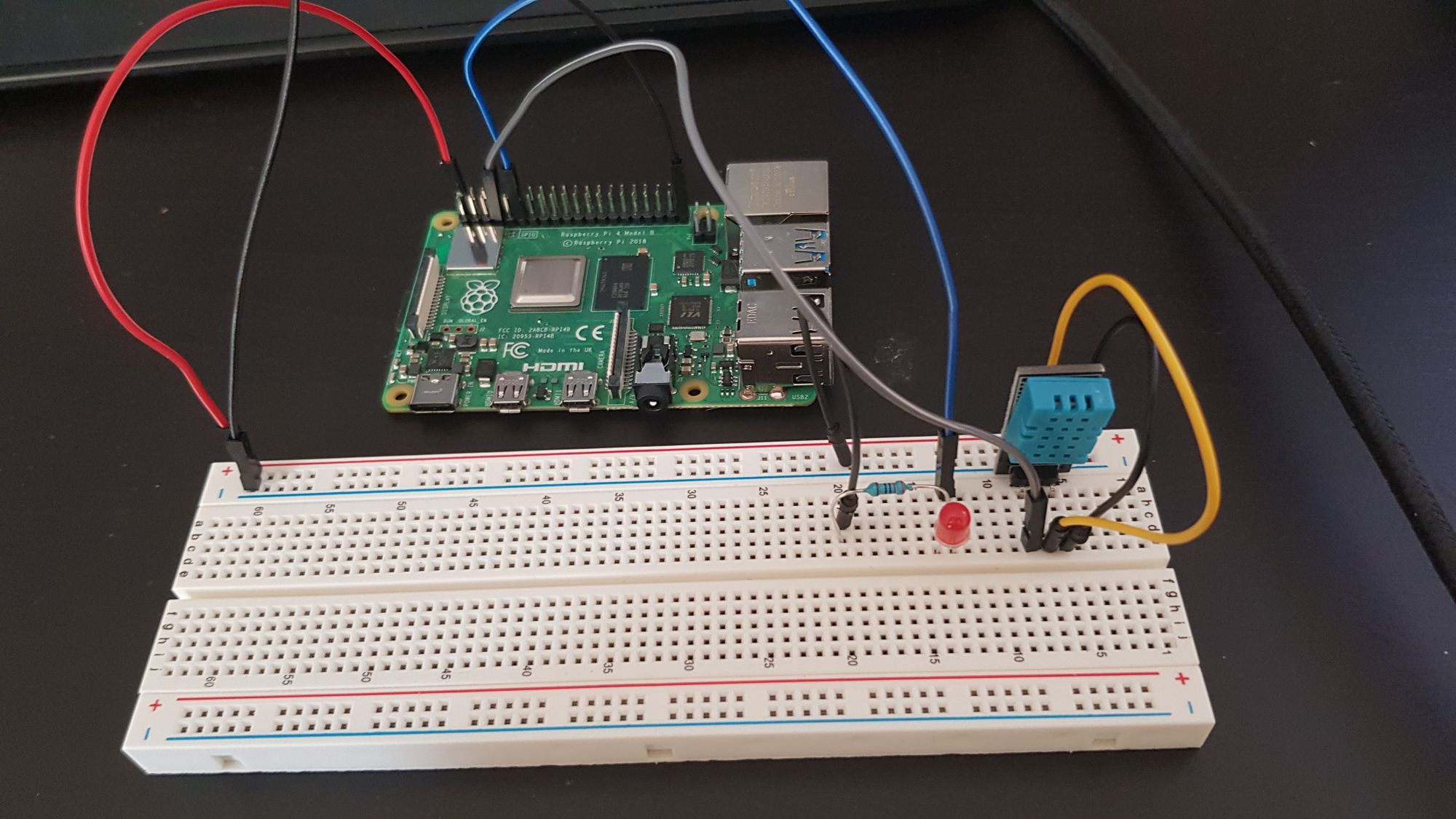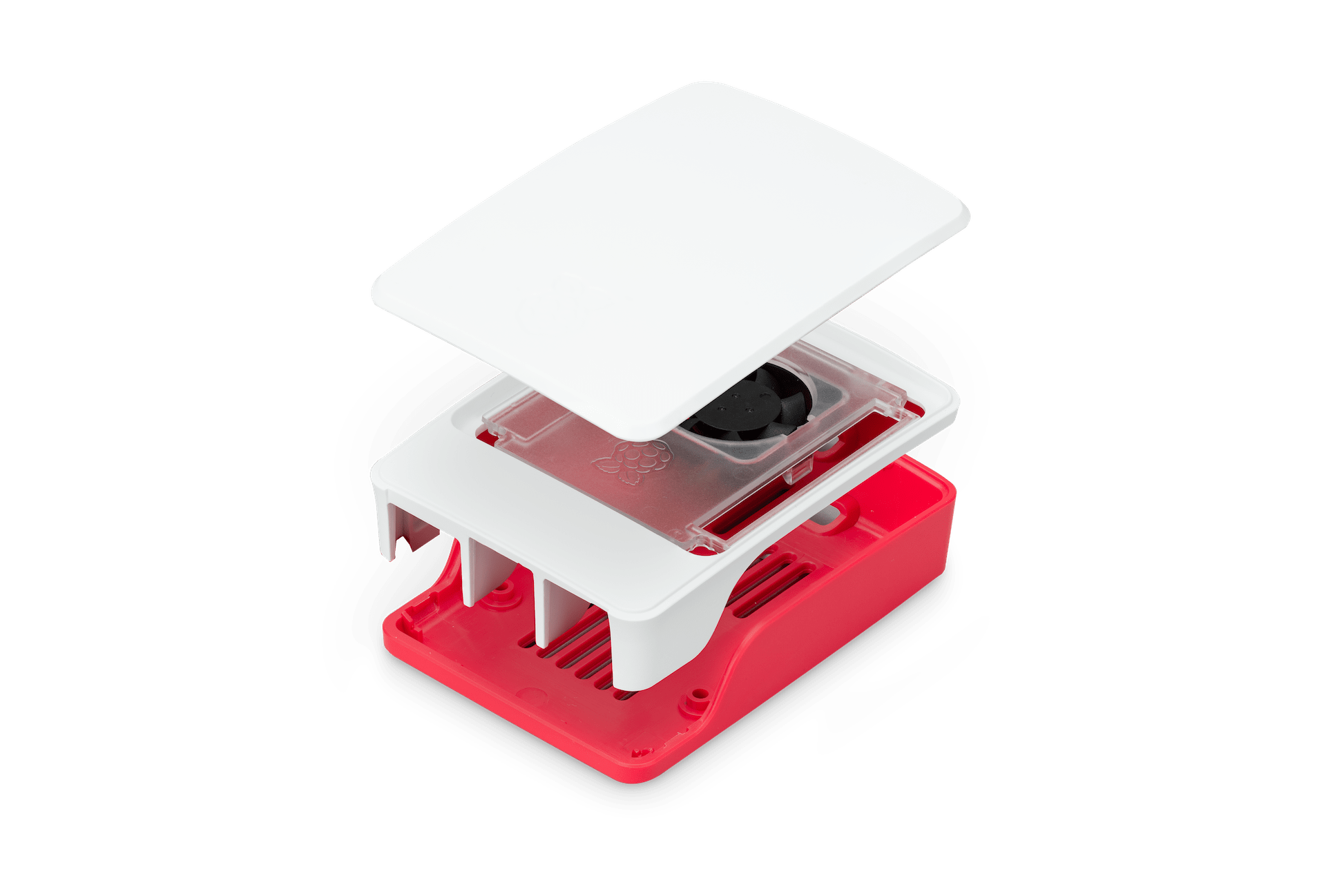Raspberry Pi VPC IoT: Revolutionizing Smart Connectivity
Are you looking to explore the fascinating world of IoT and cloud computing using Raspberry Pi? The Raspberry Pi VPC IoT combination is a game-changer for tech enthusiasts, developers, and businesses alike. This innovative setup allows you to create a virtual private cloud (VPC) environment powered by Raspberry Pi, enabling seamless integration with IoT devices. Whether you're a beginner or an expert, this guide will walk you through everything you need to know about Raspberry Pi VPC IoT, from its basics to advanced applications. Discover how this powerful trio can transform the way you interact with smart devices and data.
Raspberry Pi has long been a favorite among hobbyists and professionals for its versatility and affordability. When combined with a Virtual Private Cloud (VPC) and Internet of Things (IoT) technologies, it becomes a robust platform for building scalable, secure, and efficient systems. From home automation to industrial applications, Raspberry Pi VPC IoT opens up endless possibilities. In this article, we’ll dive deep into how you can leverage this technology to create innovative solutions and stay ahead in the ever-evolving world of IoT.
As the demand for interconnected devices grows, understanding how to integrate Raspberry Pi into a VPC for IoT applications is crucial. This article provides actionable insights, practical tips, and expert advice to help you harness the full potential of Raspberry Pi VPC IoT. Whether you're building a DIY project or designing a large-scale IoT infrastructure, this guide will equip you with the knowledge you need to succeed.
Read also:Brett Favre Cheat Unveiling The Truth Behind The Controversy
- What is Raspberry Pi VPC IoT?
- Why Use Raspberry Pi for IoT?
- How to Set Up a VPC with Raspberry Pi?
- Can Raspberry Pi VPC IoT Scale for Large Projects?
- Top Applications of Raspberry Pi VPC IoT
- Step-by-Step Guide to Raspberry Pi VPC IoT
- What Are the Benefits of VPC in IoT?
- Common Challenges with Raspberry Pi VPC IoT
- How to Troubleshoot Raspberry Pi VPC IoT?
- Future of Raspberry Pi VPC IoT
What is Raspberry Pi VPC IoT?
Raspberry Pi VPC IoT refers to the integration of Raspberry Pi devices into a Virtual Private Cloud (VPC) to facilitate Internet of Things (IoT) applications. This combination allows users to create secure, scalable, and efficient systems for managing IoT devices. A VPC provides a private and isolated environment within the cloud, ensuring that your Raspberry Pi-based IoT projects remain secure and accessible only to authorized users.
The Raspberry Pi serves as the hardware backbone, while the VPC acts as the cloud infrastructure. Together, they enable seamless communication between IoT devices, data storage, and processing. This setup is ideal for both personal and professional projects, ranging from home automation systems to industrial IoT applications.
Why Use Raspberry Pi for IoT?
Raspberry Pi is one of the most popular choices for IoT projects due to its affordability, versatility, and ease of use. But what makes it stand out in the world of IoT? Let’s explore some of the key reasons:
- Cost-Effective: Raspberry Pi devices are budget-friendly, making them accessible to hobbyists and professionals alike.
- Community Support: With a large and active community, finding resources and troubleshooting issues is easier than ever.
- Versatility: Raspberry Pi can be used for a wide range of applications, from simple home automation to complex industrial systems.
- Expandability: Its GPIO pins allow for easy integration with sensors, actuators, and other IoT components.
How to Set Up a VPC with Raspberry Pi?
Setting up a VPC with Raspberry Pi may seem daunting at first, but with the right guidance, it’s a straightforward process. Follow these steps to get started:
- Choose a Cloud Provider: Select a cloud service provider that supports VPC, such as AWS, Google Cloud, or Azure.
- Create a VPC: Use the cloud provider’s dashboard to create a new VPC and configure its settings.
- Connect Raspberry Pi: Use SSH or a similar protocol to connect your Raspberry Pi to the VPC.
- Install IoT Software: Install the necessary software and libraries on your Raspberry Pi to enable IoT functionality.
- Test the Setup: Verify that your Raspberry Pi is successfully communicating with the VPC and IoT devices.
Can Raspberry Pi VPC IoT Scale for Large Projects?
One common question among users is whether Raspberry Pi VPC IoT can scale for large-scale projects. The answer is yes, but it depends on the specific requirements of your project. While Raspberry Pi is a powerful device, it has limitations in terms of processing power and memory. However, by leveraging a VPC, you can offload heavy computations and storage to the cloud, making it possible to scale your IoT infrastructure.
For example, you can use multiple Raspberry Pi devices to act as edge nodes in a distributed IoT network. Each node can handle local data processing and communicate with the VPC for centralized management. This hybrid approach allows you to scale your Raspberry Pi VPC IoT system while maintaining efficiency and security.
Read also:Did Brett Favre Cheat On His Wife Exploring The Truth Behind The Rumors
Top Applications of Raspberry Pi VPC IoT
The Raspberry Pi VPC IoT setup has a wide range of applications across various industries. Here are some of the most popular use cases:
- Home Automation: Control smart devices like lights, thermostats, and security cameras from a centralized VPC.
- Industrial IoT: Monitor and manage industrial equipment in real-time using Raspberry Pi as edge devices.
- Agriculture: Use IoT sensors to monitor soil moisture, temperature, and other environmental factors for smart farming.
- Healthcare: Enable remote patient monitoring and data analysis using Raspberry Pi VPC IoT.
Step-by-Step Guide to Raspberry Pi VPC IoT
Here’s a detailed step-by-step guide to help you set up your Raspberry Pi VPC IoT system:
- Prepare Your Raspberry Pi: Install the latest version of Raspberry Pi OS and update it.
- Set Up Cloud Account: Create an account with a cloud provider and configure your VPC.
- Install IoT Libraries: Use Python or Node.js to install libraries for IoT communication.
- Connect Devices: Pair your IoT devices with Raspberry Pi and ensure they are functioning correctly.
- Deploy to VPC: Push your Raspberry Pi data to the VPC for centralized management and analysis.
What Are the Benefits of VPC in IoT?
Using a VPC in IoT projects offers numerous advantages, including enhanced security, scalability, and flexibility. Let’s take a closer look at these benefits:
- Security: A VPC provides a private and isolated environment, reducing the risk of unauthorized access.
- Scalability: Easily scale your IoT infrastructure by adding more Raspberry Pi devices or cloud resources.
- Flexibility: Customize your VPC settings to meet the specific needs of your IoT project.
- Cost-Effectiveness: Pay only for the resources you use, making it a budget-friendly option.
Common Challenges with Raspberry Pi VPC IoT
While Raspberry Pi VPC IoT is a powerful combination, it does come with its own set of challenges. Here are some common issues you may encounter:
- Network Connectivity: Ensuring stable and reliable connectivity between Raspberry Pi and the VPC can be tricky.
- Hardware Limitations: Raspberry Pi has limited processing power and memory, which may restrict its capabilities.
- Security Risks: IoT devices are often targeted by cybercriminals, so securing your setup is crucial.
How to Troubleshoot Raspberry Pi VPC IoT?
If you encounter issues with your Raspberry Pi VPC IoT setup, don’t panic. Here are some troubleshooting tips to help you resolve common problems:
- Check Network Settings: Ensure that your Raspberry Pi is connected to the correct network and has access to the VPC.
- Update Software: Keep your Raspberry Pi OS and IoT libraries up to date to avoid compatibility issues.
- Monitor Logs: Use logs to identify and fix errors in your IoT system.
Future of Raspberry Pi VPC IoT
The future of Raspberry Pi VPC IoT looks promising, with advancements in cloud computing, edge computing, and IoT technologies driving innovation. As more industries adopt IoT solutions, the demand for scalable and secure systems like Raspberry Pi VPC IoT will continue to grow. Whether you're a hobbyist or a professional, now is the perfect time to explore this exciting field and unlock its full potential.
Zack Addy Bones: A Deep Dive Into The Life Of A Brilliant Forensic Scientist
Dr Disrespect Wife: The Woman Behind The Controversial Streamer
Brooke Elliott Husband: A Complete Guide To Her Life And Marriage

IoT with Blazor on Raspberry Pi Part 3 the Code

Official Raspberry Pi 5 Case Red/White • RaspberryPi.dk